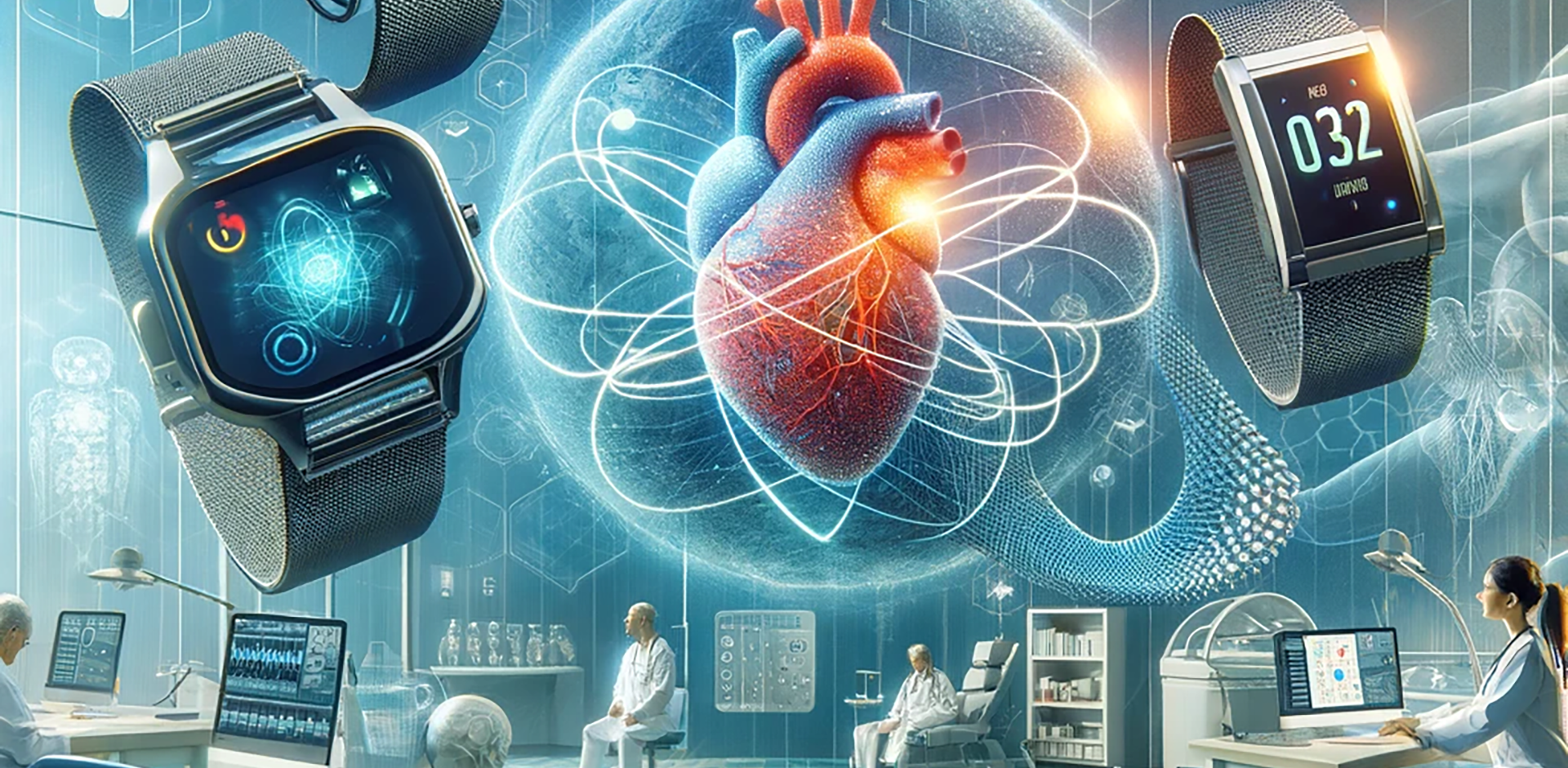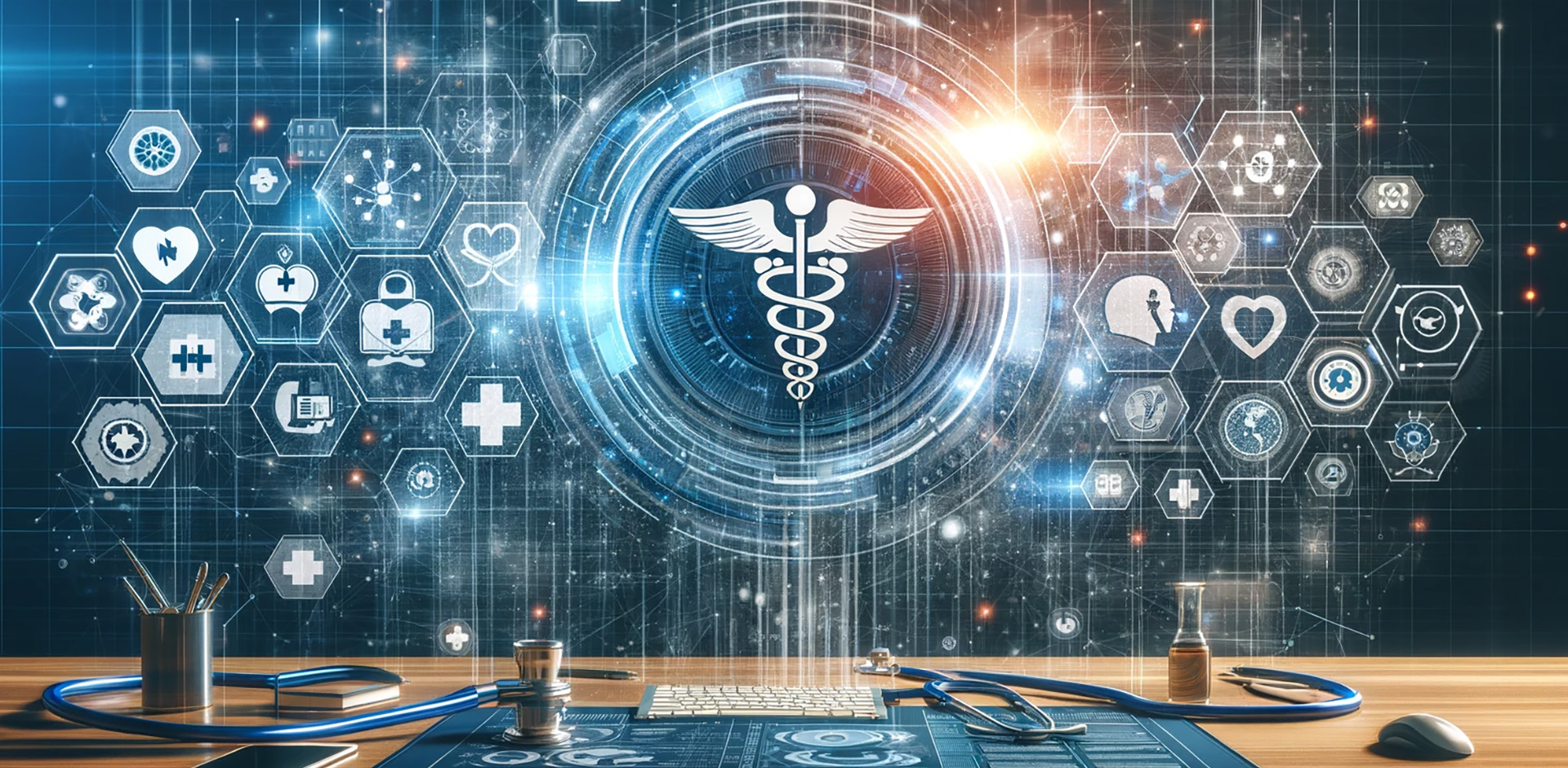Wearable Technology in Healthcare: Unveiling the Future of Medicine

Remember when fitness trackers were simple devices limited to counting steps and monitoring sleep? Today, as I delve into the realm of digital health, wearable technology has transcended those initial capabilities to detect irregular heart rhythms, monitor glucose levels in real-time, and even predict seizures. This evolution blurs the line between consumer electronics and medical devices, heralding a new era of preventive healthcare, continuous monitoring, and patient empowerment through personalized, data-driven decisions.
However, the journey is not devoid of challenges. Data accuracy, patient information security, affordability, and regulatory compliance remain significant hurdles. Yet, the potential rewards of wearable technology in healthcare significantly outweigh these risks. In this article, I’ll share insights and experiences exploring different types of health wearable technology, their benefits, challenges, and what the future holds for wearable devices in medicine.
Key Highlights:
Wearable technology and healthcare are intertwined for the future, transforming healthcare by empowering individuals with real-time monitoring and data-driven decisions.
Revolutionizing the medical field, wearable technology provides continuous monitoring of vital signs, enabling healthcare providers to make informed decisions.
The future of wearable technology in healthcare is promising, with advancements ranging from predictive wearables to smart clothing and implants set to revolutionize healthcare.
Where we are now?
The application of wearable technology in healthcare is multifaceted. Devices equipped with EKG sensors, for instance, can monitor a patient’s heart activity, providing crucial data for detecting cardiac abnormalities. Furthermore, wearable tech has become a cornerstone in chronic disease management, offering devices like glucose monitors for diabetics, which allow for continuous monitoring and timely intervention. These technologies not only empower individuals to take control of their health but also enable healthcare providers to make informed decisions, improving patient outcomes significantly.
How Wearable Health Monitoring Devices are Transforming Healthcare
Wearable health technologies are revolutionizing healthcare by initiating a proactive approach to health management. These devices offer continuous monitoring of various health conditions, providing real-time data crucial for both patients and healthcare providers. The real-time data allows for data-driven decision-making, significantly improving patient outcomes. For instance, wearables with EKG sensors monitor a patient’s heart activity, sensing multiple physiological signals, marking an indispensable role in contemporary healthcare.
Evolution from Simple Fitness Trackers to Advanced Medical Devices
The transformation from basic activity trackers to advanced medical devices marks a significant leap in healthcare. With innovations like Elon Musk’s Neuralink, the possibilities for treating neurological disorders and enhancing cognitive functions are now more tangible. The integration of AI and machine learning in wearables enables predictive analytics and personalized insights, facilitating early disease detection and preventive healthcare.
Exploring Different Types of Wearable Technology in Healthcare
The spectrum of healthcare wearables extends beyond fitness trackers, offering applications for various users, from those keen on fitness to patients with chronic conditions. These devices enhance patient care with accurate diagnostics and health data management, revolutionizing personalized and efficient care.
Overcoming Wearable Health Technology Challenges and Limitations
Despite their potential, wearable health technologies face challenges such as ensuring data security, accuracy, affordability, and regulatory compliance. Addressing these challenges is crucial for the widespread adoption and effectiveness of wearable devices in healthcare.
What’s Next?
As we look towards the future, the potential of wearable technology in healthcare is boundless. Here are some areas I believe will see significant developments:
- Remote Monitoring and Decentralized Trials: The future will see an increase in remote patient monitoring, making healthcare more accessible, especially for those in remote areas. This will also support decentralized clinical trials, allowing for more diverse participant recruitment and real-time data collection.
- Predictive Wearables: The next generation of wearable devices will not just monitor health but predict potential health issues before they arise. By leveraging data analytics and AI, these devices could foresee conditions like heart attacks or allergic reactions, enabling preventive measures.
- Smart Clothing and Implants: The integration of health monitoring capabilities into everyday items, such as smart clothing, will offer continuous health tracking without the need for traditional wearable devices. Additionally, advancements in implants, such as neural interfaces for treating neurological disorders, will open new frontiers in healthcare.
- Decentralizing Diagnostic and Therapeutics: The future will likely see wearable devices playing a crucial role in decentralizing diagnostics and therapeutics. By providing accurate and real-time health data, these devices can facilitate early detection and personalized treatment plans outside traditional hospital settings.
- Empowering Patient-Provider Collaboration: Wearable technology will enhance collaboration between patients and healthcare providers. With access to real-time health data, patients can actively participate in their healthcare decisions, while providers can offer more personalized and timely care.
So what?
The journey of wearable technology in healthcare is a testament to the incredible strides we’ve made towards a future where healthcare is more accessible, personalized, and preventive. As we continue to navigate the challenges and embrace the opportunities, the integration of wearable tech in healthcare promises to revolutionize patient care, making it more data-driven and patient-centered than ever before. The evolution from simple fitness trackers to advanced medical devices signifies a new era of healthcare, where technology is not just an adjunct but a central component of patient care. The future is wearable, and it holds the promise of transforming healthcare in ways we are only beginning to imagine.
Let’s Chat! Book Your Free Strategy Session Now
Peyman Moh
Peyman Moh, a seasoned leader with over 20 years of experience in digital health and innovation, excels in transforming foresight into impactful realities. As the former Director of Digital Health & Innovation at GSK and founder of Foretell Innovation Lab, he has spearheaded major projects, established innovation accelerators, and provided advisory services. Renowned for his strategic foresight and ability to foster ecosystem collaborations, Peyman's expertise in future-back thinking and innovation lifecycle management positions him as a pivotal figure in navigating the rapidly evolving innovation landscape.






